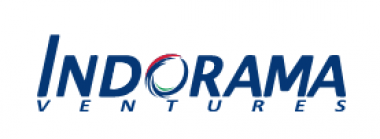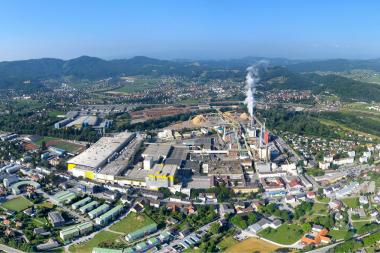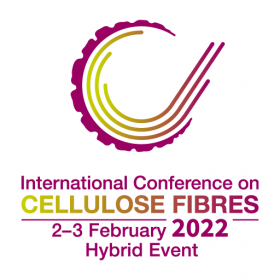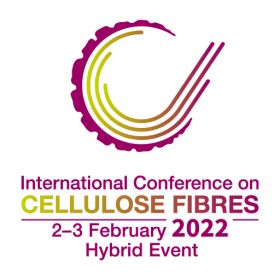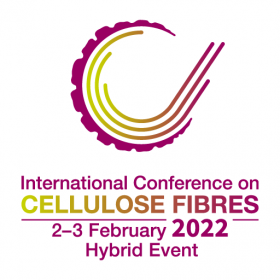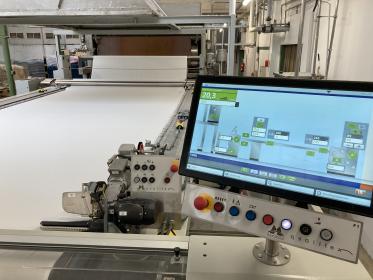Starlinger PET recycling lines in India: Bottle-to-fibre and bottle-to-bottle
Ganesha Ecopet Private Limited, a subsidiary of Indian PET recycling pioneer Ganesha Ecosphere Ltd., has recently opened its new Warangal facility under the brand name Go Rewise where it produces rPET for filament yarns and fibres, as well as for food-grade packaging.
The company has installed two Starlinger PET recycling lines in its facility in Warangal, Telangana state. Ganesha Ecopet plans to supply the produced rPET granulates under its newly introduced brand enterprise Go Rewise. Launched under the umbrella of one of India's rPET industry leaders, Go Rewise is committed to supplying highest quality rPET products that are produced in a resource-efficient process.
One Starlinger recycling line, a recoSTAR PET 165 H-VAC, processes washed PET bottle flakes for the Go Rewise polyester filament yarn applications and reaches an output of approx. 14,000 tons per year. With the second Starlinger recycling line, Ganesha is producing food-grade rPET resins.
Ganesha Ecosphere looks back on 30 years of experience in the PET recycling business and can be considered a role model regarding sustainable business activities. Founded in 1987, the company started out as a yarn processing facility. It was among the first companies in India to start reprocessing PET waste to manufacture recycled polyester staple fibre (RPSF) and recycled polyester spun yarns (RPSY) in 1994. By today, the group has established a large network of over 300 scrap vendors located across the country and operates four factories in India - two in Uttar Pradesh, one in Uttarakhand, and the recently opened one in Telangana. It also recently operationalised its first factory outside India in Nepal. With over 500 customers and exports to more than 18 countries, the company ranks among the largest rpet producers in India with 130,000 tonnes per year and currently recycles around 16 - 18 % of India's total PET waste.
Starlinger & Co Gesellschaft m.b.H.









